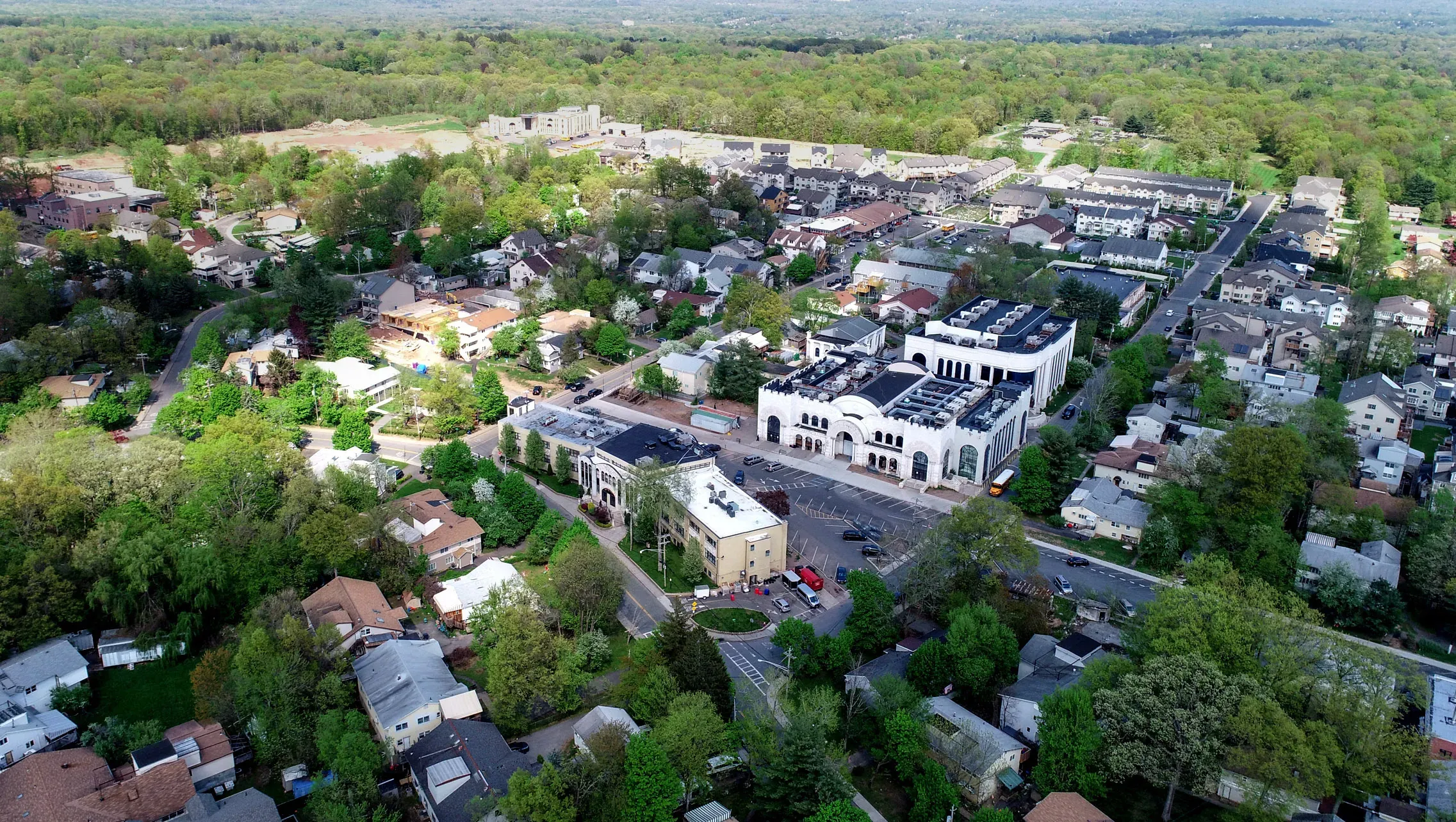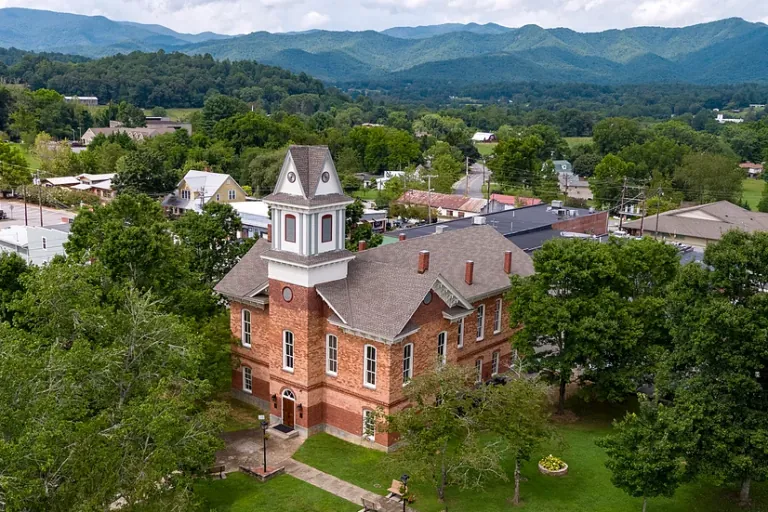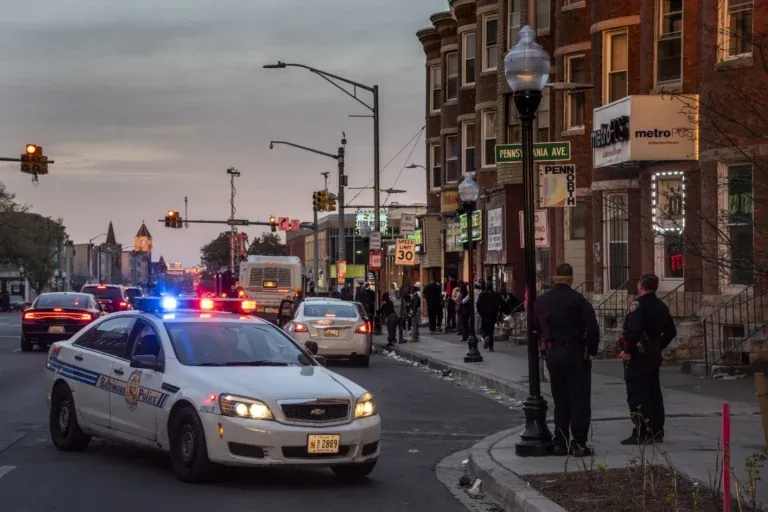This Town Has Been Named the Poorest in New York
New Square, New York has been named the poorest town in New York, according to a 2023 report by 24/7 Wall Street. The report looked at towns with populations between 1,000 and 25,000 people and ranked them based on median household income. New Square’s median household income is $24,881, which is significantly lower than the state average of $75,157.
New Square is a Hasidic village located in Rockland County, New York. It has a population of approximately 10,000 people, and over 70% of residents live in poverty. The village has a high unemployment rate and a low level of educational attainment.
In this article, we will delve into the factors contributing to the town’s poverty and explore the challenges it faces.
Factors That Contribute To The Poverty In New Square:
New Square, located in Rockland County, is a predominantly Hasidic Jewish community. The village has a unique cultural and religious identity but is grappling with economic hardships. Understanding the reasons behind this poverty requires a closer examination of the following factors:
1. Lack of Secular Education
Hasidic Judaism places a strong emphasis on religious education, with many male children in New Square dedicating most of their school day to the study of Torah and other religious texts. While religious education is vital to the community, it often leaves many without the secular education and skills needed to thrive in today’s job market. This lack of secular education can limit opportunities for gainful employment.
2. Large Families
Hasidic families tend to be large, with some couples having 10 or more children. The financial burden of raising a large family, including housing, food, clothing, healthcare, and education, can be especially challenging for families with low incomes. In New Square, where the cost of living is high, this becomes a significant contributing factor to the prevailing poverty.
3. High Cost of Living
New Square’s high cost of living, particularly regarding housing, is another critical aspect of the town’s poverty. The median home value in the village is more than double the state average. This makes it exceedingly difficult for low-income residents to afford adequate housing.
4. Language Barrier
A language barrier also plays a role in the economic struggles of New Square’s Hasidic population. Many Hasidic Jews speak Yiddish as their first language, and some have limited proficiency in English. This linguistic divide can hinder their ability to communicate effectively, access essential services, find employment, and navigate various aspects of daily life, such as understanding medical instructions or filling out government forms.
5. Discrimination
Discrimination against Hasidic Jews in the workplace and other areas of life is a significant issue in New Square. Prejudice based on religion or appearance can make it challenging for community members to secure good jobs and advance in their careers. This discrimination further contributes to the economic difficulties faced by residents.
Impact of Decline in Manufacturing Jobs
The decline of manufacturing jobs in the region has also taken a toll on New Square’s economy. Historically, many Hasidic Jews in the community worked in the garment industry. However, this industry has seen a significant shift, with many jobs moving overseas. As a result, a substantial number of Hasidic men and women in New Square have become unemployed or underemployed, exacerbating the town’s poverty.
Efforts to Address Poverty and Discrimination
The challenges of poverty and discrimination in New Square are undoubtedly complex and multifaceted. However, the community is not idly standing by; it is actively addressing these challenges and striving to create a brighter future for its residents.
Numerous organizations within the village provide essential educational and social services to residents. These services aim to equip community members with the skills and knowledge needed to enhance their economic prospects.
Moreover, New Square is working to promote interfaith understanding and cooperation, fostering connections between the Hasidic Jewish community and the broader society. Such initiatives may help break down barriers, mitigate discrimination, and provide residents with access to greater opportunities.
Conclusion
New Square, New York, may have the unfortunate distinction of being named the poorest town in the state, but this does not define the community. The complex interplay of factors contributing to its poverty underscores the need for comprehensive solutions. As New Square continues its efforts to address these challenges, the hope is that it will succeed in creating a brighter and more equitable future for all its residents.
Read More:







